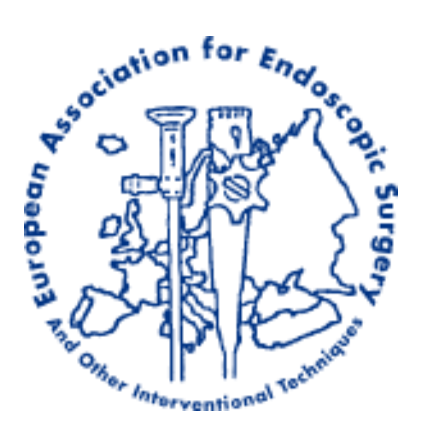
Colorectal Cancer (CRC) ranks fourth in cancer deaths worldwide. Between 20% and 30% of patients with advanced CRC have Liver Metastases (CRLM). Liver cancer ranks second in cancer deaths worldwide, including hepatocellular carcinoma (HCC). Despite recent advances, liver resection offers the only chance of cure for patients with liver metastases and liver cancer.
However, the recurrence rate of these tumours is high even after resection.The presence of positive margins in the remaining liver after resection correlates with increased local recurrence and decreased overall survival, the only factor where prognosis could be influenced by the performance of surgery.
Nevertheless, at present, the extent of a resected margin negative (the margin is free from tumor cells) status remains debatable and varies widely from one publication to another.
Currently, there are radiofrequency ablation studies that, based on preliminary retrospective human clinical trials, are able to correlate an additional coagulation of tumor margins with a reduction on local recurrence. However, there is no prospective and pragmatic controlled study that accurately measures this additional margin and its impact on oncological outcomes.
The aim of LIVERATION is to conduct an ambitious, pragmatic multicenter clinical trial with 720 patients with CRLM and HCC at 24 clinical centres in 7 different countries to determine whether additional ablated margin produced by radiofrequency can decrease the recurrence rate and improve patient survival.
We will also evaluate patients’ quality of life and their experiences throughout the process of the intervention and its comparison with other therapeutic alternatives in terms of quality of life and patient experience in real-world settings.

The overall aim of OPERAM (OPtimising thERapy to prevent Avoidable hospital admissions in the Multimorbid elderly) is to optimise existing pharmacological and non-pharmacological therapy primarily in order to reduce avoidable hospital admissions among the elderly population aged ≥70 years with multimorbidity.
Specifically, the OPERAM consortium aims at:
- Creating new evidence to prevent avoidable hospital admissions through optimising pharmacotherapy in the multimorbid elderly by performing a multi-centre cluster randomised clinical trial (RCT) to assess the impact of a structured medication review
- Obtaining evidence-based data comparing pharmacological and non-pharmacological interventions to prevent common causes of avoidable hospital admissions in the elderly with multimorbidity, and rank these interventions according to their effectiveness and safety using network meta-analyses (NMA)
- Identify the most cost-effective pharmacological and non-pharmacological interventions to prevent avoidable hospital admissions in the multimorbid elderly

COMPAR-EU is a multimethod, inter-disciplinary project that will contribute to bridging the gap between current knowledge and practice of self-management interventions. COMPAR-EU aims to identify, compare, and rank the most effective and cost-effective self-management interventions (SMIs) for adults in Europe living with one of the four high-priority chronic conditions: type 2 diabetes, obesity, chronic obstructive pulmonary disease, and heart failure. The project will provide support for policymakers, guideline developers and professionals to make informed decisions on the adoption of the most suitable self-management interventions through an IT platform, featuring decision-making tools adapted to the needs of a wide range of end users (including researchers, patients, and industry).

The Collaborative Outcomes study on Health and Functioning during Infection Times (COH-FIT) is a large international survey project for the entire population of countries affected by the coronavirus pandemic (COVID-19). The project involves almost 200 investigators in more than 35 countries and has been endorsed by multiple national and international professional organizations. The COH-FIT project aims to identify risk and protective factors that will inform prevention and intervention programs for the COVID-19 pandemic and should other pandemics occur in the future.

We are members of the guidelines subcommittee of the European Association for Endoscopic Surgery (EAES)
Vision
To advance MIS through improvement in quality and increased uptake of clinical practice guidelines in Europe and globally
Mission
To involve the surgical community, patient groups and healthcare authorities in the development of EAES guidelines
To standardize the methodology and improve the quality and reliability of EAES guidelines
To promote dissemination and use and clinical uptake of EAES guidelines
To become an information hub for all practitioners in MIS

